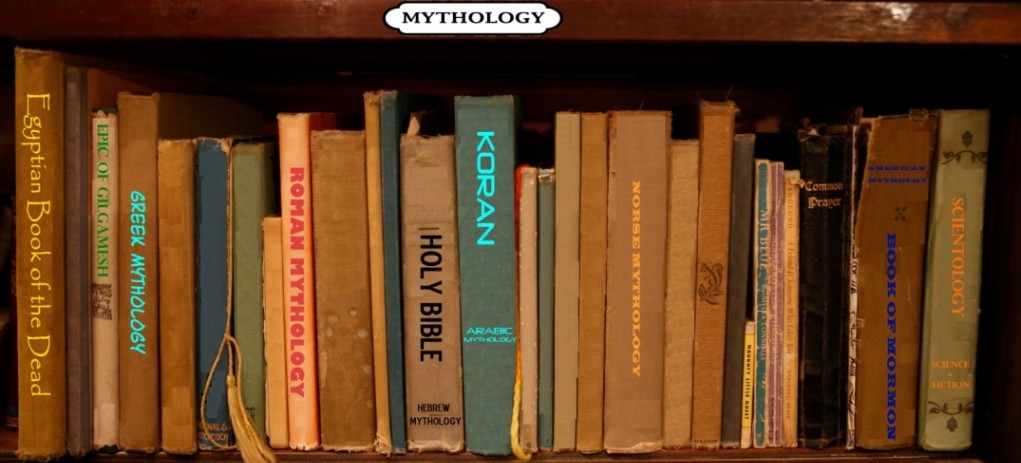Gad Saad explains a number of key points about Middle Eastern thinking and culture during his interview of Muslim American journalist Asra Nomani.
At 34:32 he discusses Arab/Middle East ideas of honor and shame, which are diametrically opposed to the ideas of personal analysis, critique and responsibility one finds in more modern thinking, not necessarily confined to Western cultures. It is difficult for example, to admit publicly if one were wrong, as a person in an honor culture then loses face among their family and community...”a profoundly unhealthy social dynamic” as he terms it.
In contrast Gad describes:
“People who are well adjusted, generous people recognize when they make a mistake…”
Such an attitude of self-improvement, readily admitting when one makes mistakes or thinks wrongly is almost passe’ in the modern world, but not no so in Islamic, Middle Eastern cultures.
Later Saad continues:
“the notion of going into therapy is very foreign in the Middle East, because the idea that you would go see a stranger and ‘publicly’ admit to your failings…you never admit to that, you go to your grave before admitting that…”
Asra talks of living within a culture of shame, having a child out of wedlock in Pakistan, and talks of the power of “owning up” to ones imperfections and mistakes.
A more detailed explanation of this view is found in Saad’s Psychology Today blog The Pathologies of Cultures of Honor and Shame.
It all comes back to what you were taught as correct. It all comes down to culture.
An excerpt from my forthcoming book: “The Arrogance of Religious Thought” considers the retarding effects of culture.
‘“Culture keeps us in chains.” I wrote that in my journal in junior college ’73 or ’74, over 40 years ago. Hard to believe at times. I feel every bit as strongly about the retarding effects of culture as I did then, if not more so. Whatever culture you were brought up in tells you what is acceptable in dress, speech, behavior, even thought. Some cultures are relatively open and accepting of variance; think Northern Europe for example. Others are incredibly repressive, and do not allow any variation in dress and behavior, especially for women, think the Middle East. And the cultural institution that enforces much of the stifling conformity is, of course, religion. We can change all that. That’s much of what the New Enlightenment movement is all about: diminishing religions grip on culture. We are steadily succeeding in loosening the repressive grip on our cultures. The main attack is, by necessity, on religious thought. It pervades every society to some degree. In some, you can get killed for not conforming to proscribed religious norms, with homosexuals and women being the main targets, in other societies it is much more subtle. Repression is not restricted to women and gays, there’s plenty of rules for a man’s behavior that diminish the enjoyment of our short time on earth or outright destroy it’
Rules for a man’s behavior (and a woman’s) often do center around the ideas of honor and shame, in many cultures, not solely those of the Middle East or of Arabic origin. Unfortunately tho, honor is another of the roadblocks within Islamic culture to any sort of reformation. It is difficult as Gad and Asra demonstrate to reform one’s self much less a whole religion from within the confines of Muslim, Middle Eastern thought. Culture often holds us back from real personal and social progress.
And the most relcalcitrant component of culture?
Religion.
end religion now
All of them.
(193)
